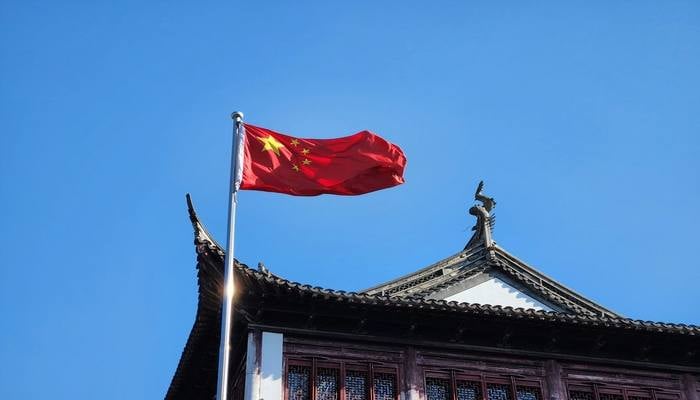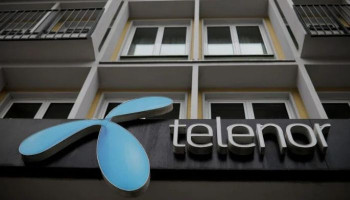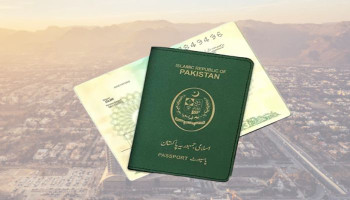
As the enforcement of the unbearable $100,000 H-1B visa fee seems to have irked and discouraged foreign workers, China has launched a new K-visa to attract young foreign professionals in science and technology.
Effective from October 1, 2025, the new K-visa is in line with recent changes to the country’s entry and exit regulations, which officials described as “a significant step towards boosting scientific and technological cooperation with the world.”
China's K-visa allows foreign talents in science and technology to apply at Chinese embassies and consulates abroad.
Designed to simplify the process for international researchers, educators, and innovators, K-visa lets talented and qualified individuals engage in various activities, including “education, scientific research, cultural and health exchanges, and other science and technology-related activities.”
The biggest upside of a K-visa is that it does not require an official invitation letter, meaning it makes it easier for global talent to work in China.
While there's no concrete information available on specific eligibility criteria and documentation requirements for the Chinese K-visa, its primary goal is “to expand the country’s openness and enhance its ability to attract international professionals.”
Experts believe this reform would enhance Beijing’s innovation and fill skill gaps in emerging technology sectors.
The initiative is also expected to be greatly beneficial for Pakistani students and professionals, who will also be able to apply for the K-visa to pursue research and academic exchanges in China.
Once proper application guidelines for the K-visa are released, eligible Pakistanis in STEM fields will have the opportunity to contribute to and benefit from China's growing scientific landscape.
















